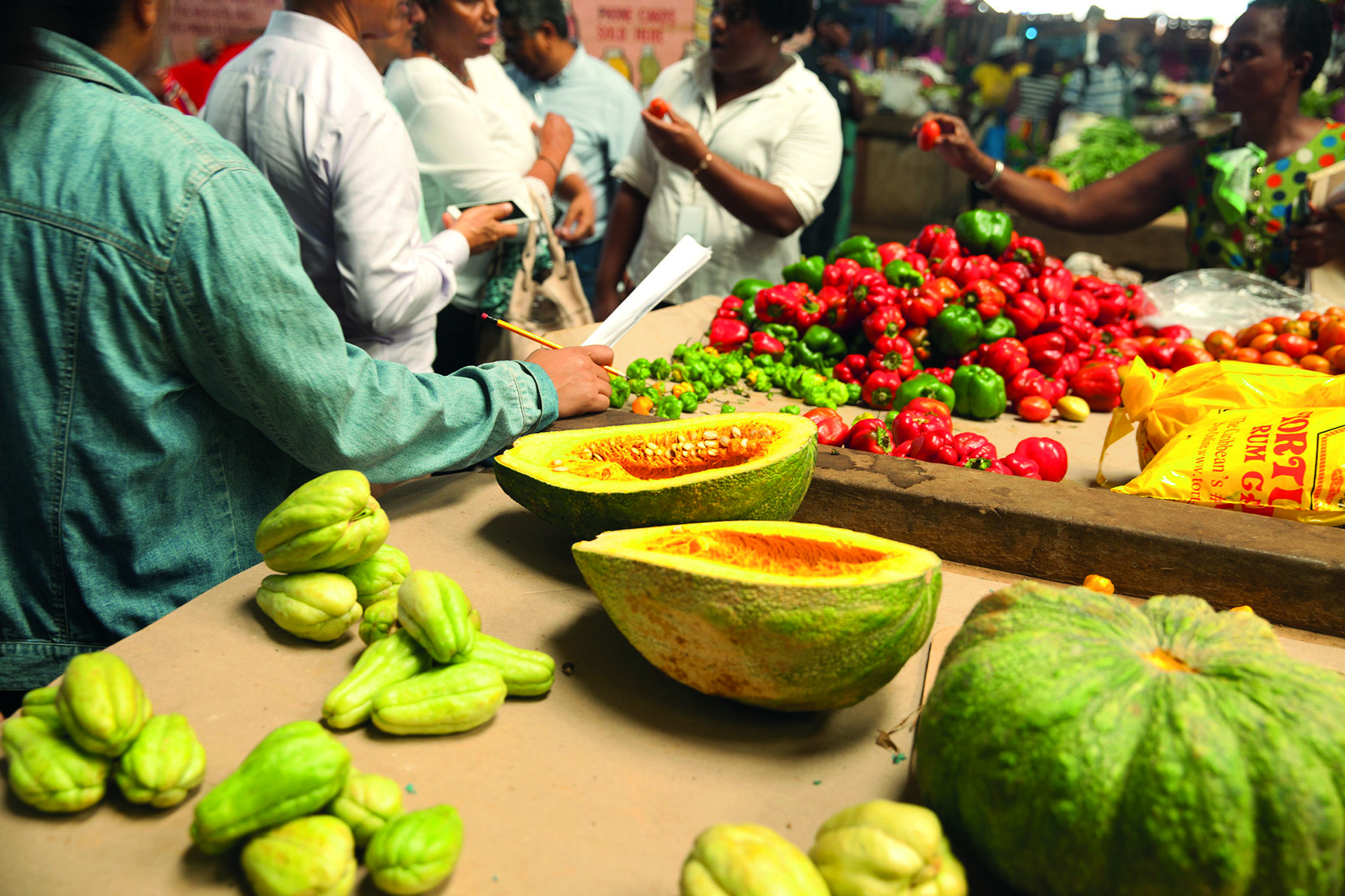Data analysis as a key tool for a sustainable transformation of food systems

Understanding how to use data, analytical evidence and multistakeholder processes is key to transforming food systems towards greater sustainability and inclusiveness. Today, a vast amount of analytical data and evidence are available, but they tend to be used in isolation, and are not always available to all stakeholders.
To discuss the matter, a side event on how data-driven analysis can contribute to policy and investment decisions, was organised by the Food and Agricultural Organization (FAO), the European Union (EU), the Swedish Government and the Swedish International Agriculture Network Initiative, SIANI. It took place in Rome and online during the 51st session of the Committee on World Food Security (CFS).
The event was opened by Dan Ericsson, State Secretary to the Minister for Rural Affairs and Chair of the Swedish FAO Committee, who acknowledged the importance of CFS Policy Recommendations on Strengthening Food Security and Nutrition (FSN) Data Collection and Analysis Tools for FSN for the development of better-informed food policies and investments for food security.
In her opening remarks, Anette Schneegans, Head of UN Section, Deputy Permanent Representative to FAO and Minister Counsellor of the European Union, explained that the complexity of agrifood systems requires new approaches to data collection, processing, and analysis, including improved accessibility to all stakeholders.
Meeta Punjabi Mehta, Senior Food Systems Officer at the FAO Regional Office for Asia and the Pacific (FAO RAP), proceeded to highlight the crucial role of analytical data and evidence generated in the regional analyses of food systems’ assessments, which were undertaken in 50 countries through a partnership between the EU, the FAO Investment Centre and the French agricultural research and international cooperation organization (CIRAD). Using a systemic approach, the assessments collected quantitative and qualitative data, with regional analyses providing complementary evidence of entry points and trade-offs for food systems’ transformation. "We can't change what we can't measure and assess,” said Meeta Punjabi, "We need evidence and data to transform knowledge into action." A follow-up initiative, the Sustainable Agrifood Systems Intelligence (SASI) will build on the results of the assessments to use evidence and policy intelligence for action.
One of the issues highlighted in the event is the need for democratization of evidence and to make complex data user friendly for a greater number of stakeholders. In this regard, Vivian Ribeiro, Senior Data Scientist at the Stockholm Environment Institute, explained how digital tools can be used for data democratization. She gave the example of the app, Do pasto ao prato, a product of the TRASE initiative in Brazil, which allows consumers to identify the origin of meat sold in supermarkets and thus contribute to increased transparency in the value chain. By providing information on deforestation linked to livestock expansion, it also tries to stimulate sustainable consumption.
Likewise, panellist Maria Fernanda Mideros, Director of the Agri-food Systems Research Center, at Universidad de los Andes, underscored the need to democratize data and evidence. She briefed the audience on Plasa Columbia, a platform which consolidates and analyses data and evidence on local food systems in view of supporting decision-making at all levels. The information provided is concise and accessible and the platform user-friendly. She emphasized how regional programmes can contribute to / advance inclusiveness by working closer with local producers.
Another platform which has demonstrated the importance of analytical data and evidence for timely decision-taking is the Cadre Harmonisé (or Harmonized Framework), developed in West Africa in early 2010s by the Comité permanent Inter-Etats de Lutte contre la Sécheresse dans le Sahel (CILSS). Dr Abdoulaye Mohamadou, Executive Secretary of the CILSS explained how the Cadre provides data on vulnerability and risk assessment for the region to guide humanitarian interventions.
Mohamed Manssouri, Director of the FAO Investment Centre, moderated the side-event and concluded in saying that investments, whether public or private must be evidence-based with sound data, analysis, good knowledge and expertise at the core. "Innovation, enabling policies and investments are the key drivers for achieving the transformation and the scale of impact we want."
